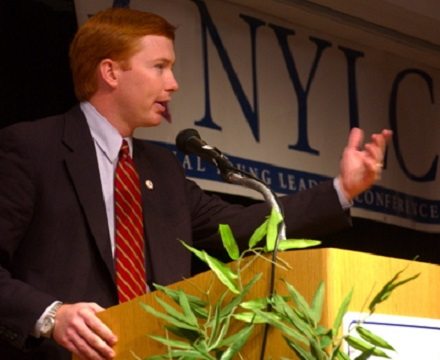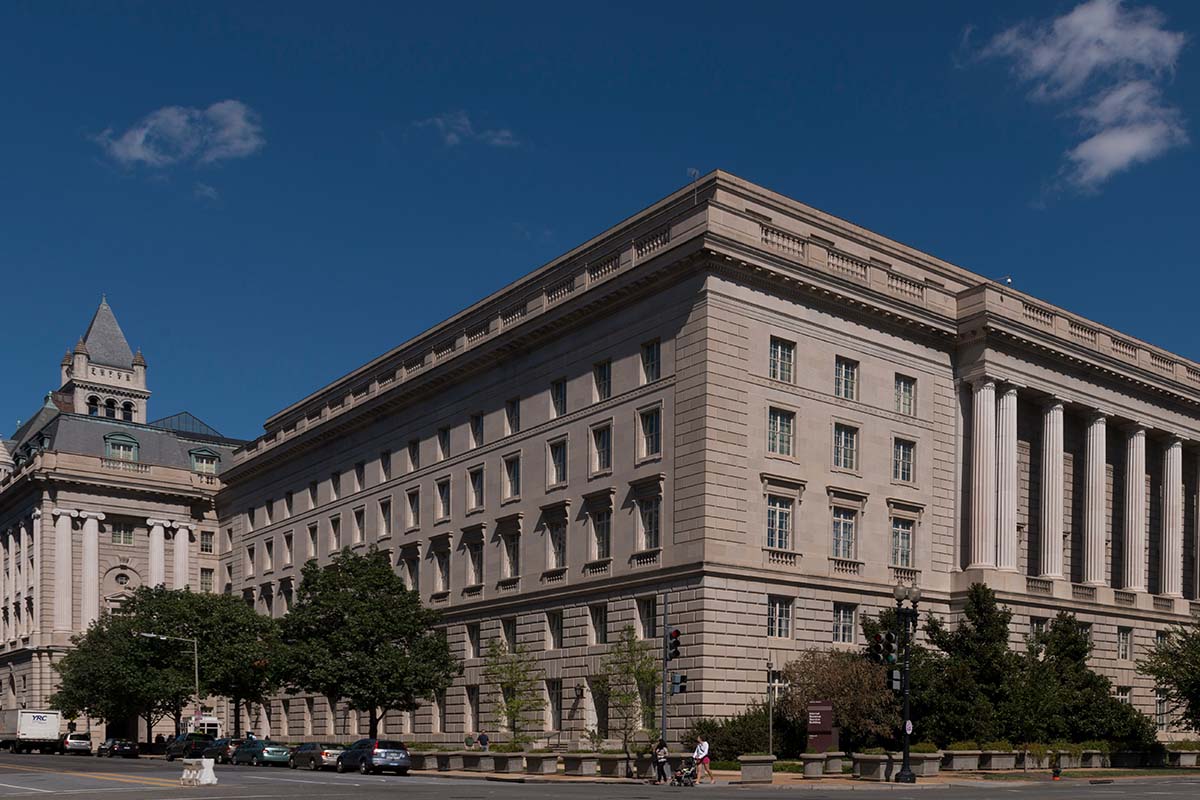
January 16, 2014; Bradenton Herald
Florida Agriculture Commissioner Adam Putnam has proposed “a complete rewrite” of the state’s charity laws, aiming to increase oversight and transparency—a direct response to investigative reports published last year in the Tampa Bay Times.
The Bradenton Herald quotes Putnam, whose duties include consumer protection, as saying that the changes “will help Floridians make more informed choices about the charities they patronize.” The paper says the proposed legislation will also give the state additional powers to regulate nonprofits and professional fundraisers.
“We are introducing a complete rewrite of Florida’s charity laws so that Floridians will be protected from having their hard-earned money go to deceptive charities, and Florida will not be a safe haven for bad actors from other states,” Putnam told the Herald.
Sign up for our free newsletters
Subscribe to NPQ's newsletters to have our top stories delivered directly to your inbox.
By signing up, you agree to our privacy policy and terms of use, and to receive messages from NPQ and our partners.
The bill comes out of an investigative report entitled “America’s Worst Charities” by the Times and the Center for Investigative Reporting, which looked at thousands of charities that paid for-profit fundraisers, highlighting the “50 worst” that spent the most on such outside fundraising.
In a textbook example of the critical importance of nonprofits engaging policy makers in order to protect their interests and those of the communities they serve, the Florida Nonprofit Alliance has endorsed the proposal after providing input.
Current state law requires charities to register, but not much else; the Herald says that the proposed legislation is sweeping, and includes in its proposals:
- All charities will have to provide additional information, such as the names of their leaders, contact information and financial reports.
- The state’s Division of Consumer Services will create an interactive database on its website to list information about each nonprofit, including any violations of state law.
- Charities that fundraise more than $1 million a year will have to provide audited financial reports.
- Nonprofits that receive more than $1 million but spend less than 25 percent on programming will have additional disclosure requirements: employee salaries, fundraising expenses, and details of family relationships with any business partners.
- Non-profits that raise less than $25,000 a year, or have religious, education, or government exemptions, will have fewer requirements.
- The state will have the right to ban nonprofits from operating in Florida if they are found in violation of regulations in other states.
- Charities that emerge due to a natural disaster or tragedy and raise more than $100,000 will have to submit quarterly financial statements.
- There will be new oversight of professional fundraisers, with the same requirements now required of telemarketers—a licensing fee and fingerprints for background checks, with people convicted of theft or fraud barred from working as professional solicitors.
The president of the United Way of Florida said he was glad to see the proposals to address conflicts of interest between some charities and professional fundraisers, as well as the huge uptick in fundraising that occurs whenever there is a disaster, while not creating “a bureaucratic challenge for legitimate charities.”
The measure increases fines for violations of state regulations, and would take effect July 1st if approved by the legislature and governor. Many nonprofit leaders say they welcome the reforms as a necessary step to protect the integrity and credibility of the industry.—Larry Kaplan










